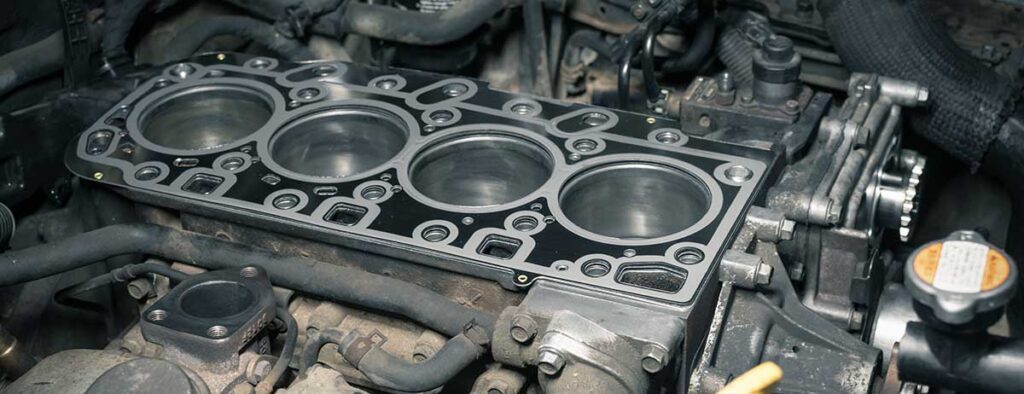
Knock knock! Who’s there? If it’s your engine, then you might have a serious problem. But fear not, that knocking sound coming from your engine doesn’t necessarily mean that it’s knocking on the door of death.
Knocking in your engine, also known as ‘pinging’, can be caused by several different problems. Some can be fixed easily and without consequence, while others may indicate serious damage. Knocking most often occurs when the air-fuel mixture is incorrect, causing the fuel to burn in uneven pockets rather than uniform bursts like it is designed to.
These are the most common causes of ignition system and fuel related knocking in your engine:
Carbon deposits/buildup: carbon deposits can build up over time on your valves, spark plugs, and other internal components, and cause your fuel to burn less efficiently. This reduces the volume inside the cylinder and increases the compression pressure. As long as the carbon buildup is not too serious, using fuel injector cleaners or additives should be able to fix this issue.
Running fuel with an octane rating lower than your engine was designed for: if you fill your car with lower-octane fuel than it was designed for, your engine will very likely start knocking. To prevent this, use gasoline at or above the octane level recommended by your manufacturer. If your vehicle somehow gets lower-octane fuel into it, an octane booster can help restore the correct octane rating and stop the knocking. Regular gas might be cheaper at the pump, but if you run the proper octane rating for your vehicle, it will perform better and often get better gas mileage – plus, your engine will thank you!
Incorrect or wrongly gapped spark plugs: If spark plugs that are not to the manufacturer’s recommended specification are used, they can cause knocking. Using the wrong spark plugs can cause the ignition to be out of the proper range, and cause knocking.
Often, a knocking engine can be fixed by remedying the cause before the problem gets too serious and causes extensive damage. However, if your engine runs with a knock for too long, it can cause damage to the pistons and cylinder walls. Knocking can also be caused by lack of lubrication in the upper cylinder head, typically more of a high-pitched ticking sound caused by valves and lifters that are loose, or not receiving enough oil.
These types of knocking problems are usually relatively simple to resolve, but don’t let your engine knock for too long – then it might really be knocking on the door of death. If you hear any abnormal knocking or pinging from your engine, call your Certified Auto Repair Specialist of Pasadena today or come in for a diagnosis.

